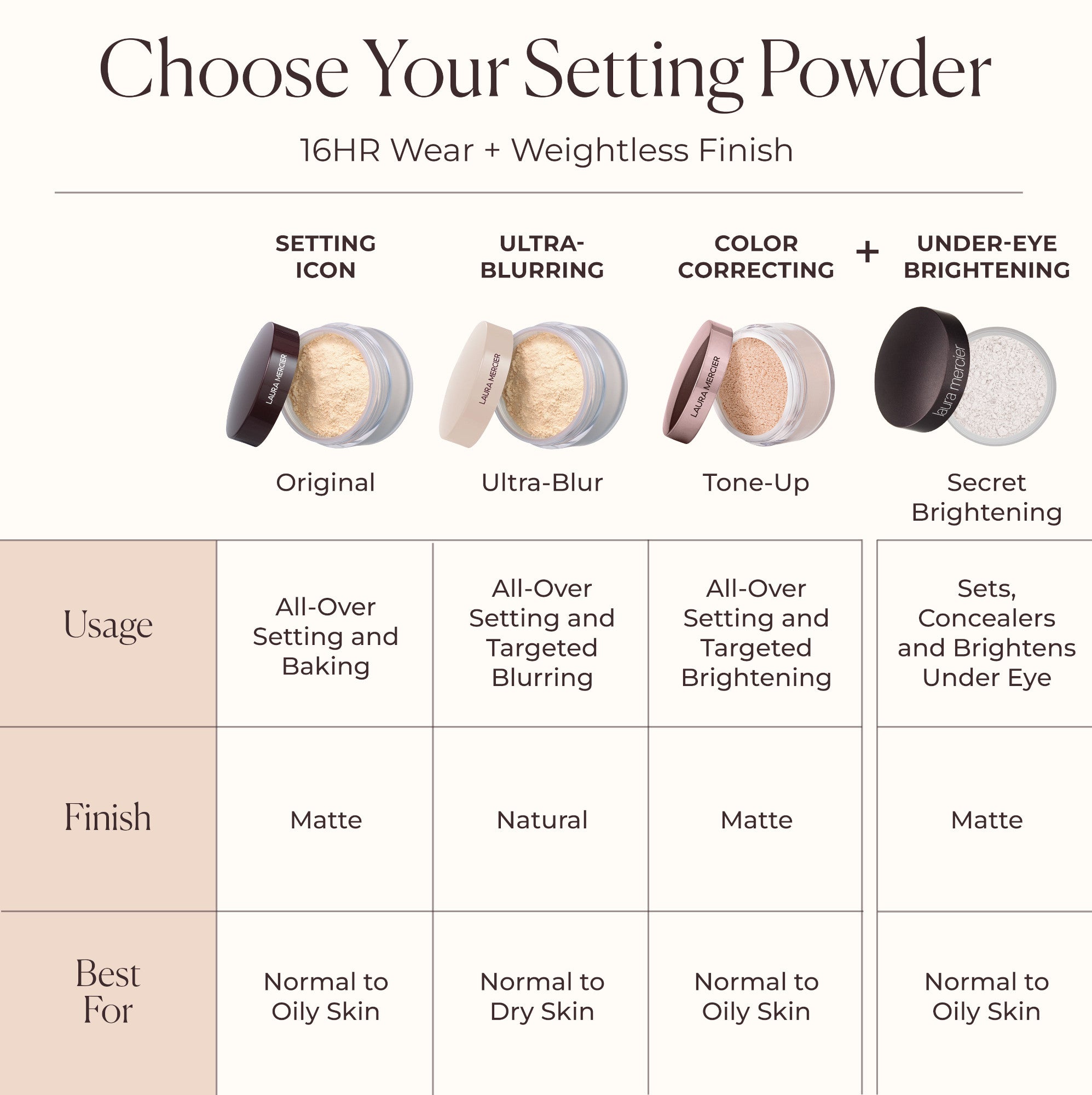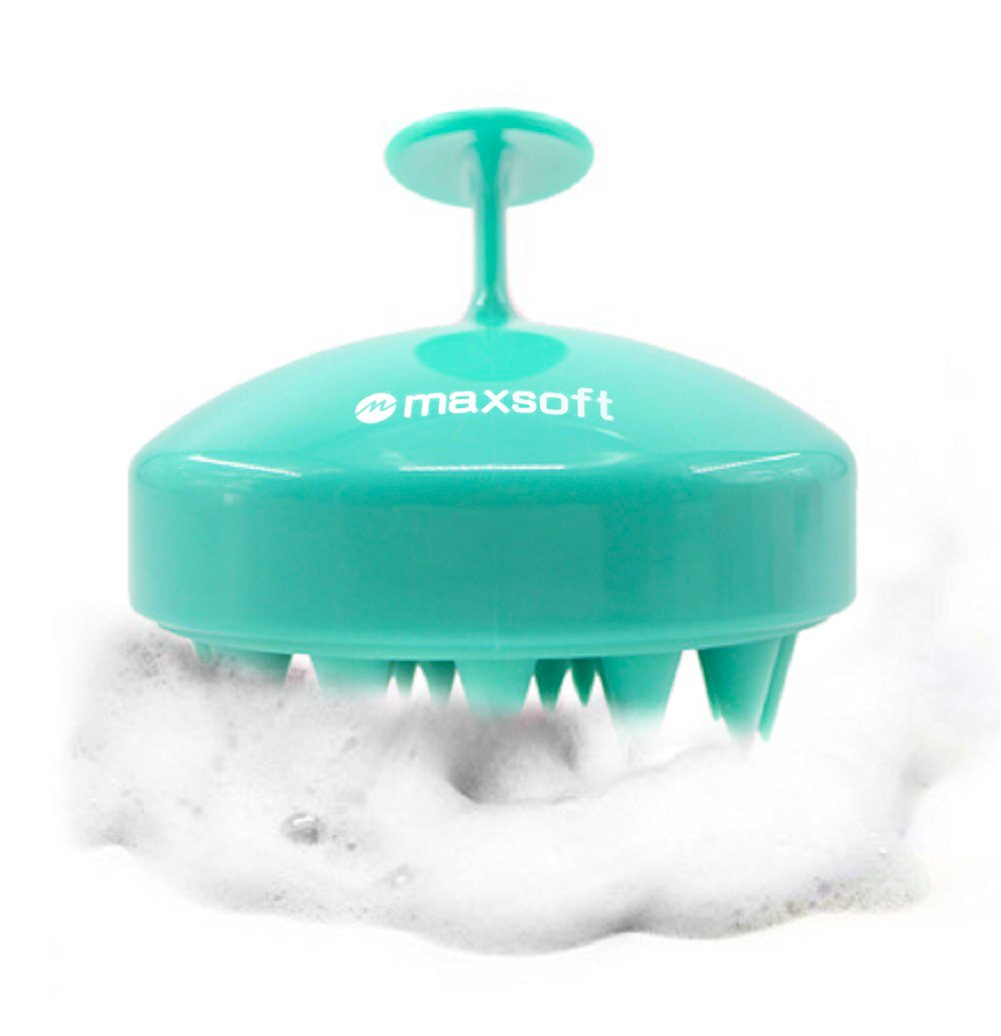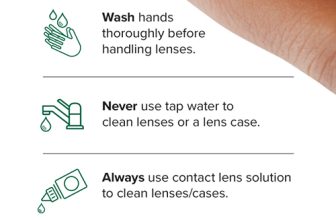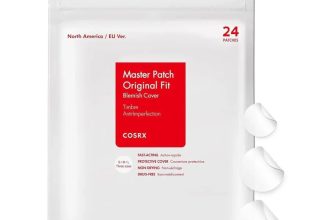Organic Face Soap: The Secret to Radiant Skin
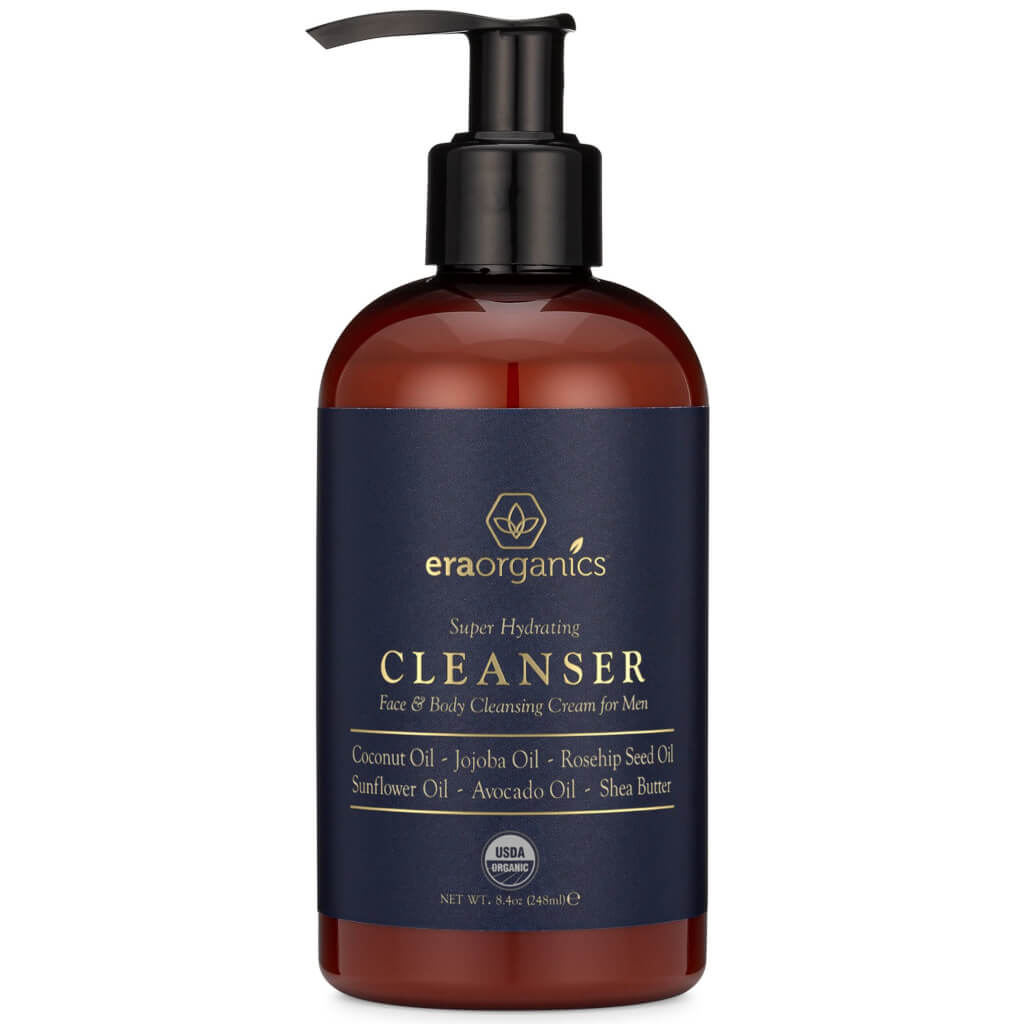
Organic face soap offers a gentle and natural way to cleanse your skin. Many people seek products that are free from harsh chemicals and synthetic ingredients.
Using organic face soap can improve your skin’s health. Unlike regular soaps, these products often contain natural oils and extracts. They clean without stripping your skin of essential moisture. This makes them ideal for all skin types, especially sensitive ones.
Organic face soaps often include nourishing ingredients like aloe vera and essential oils. These elements help soothe irritation and provide hydration. Choosing organic options supports your skin and the environment. This blog post will explore the benefits of organic face soap and why it may be the right choice for your skincare routine.
The Allure Of Organic Face Soap
Organic face soap is made with natural ingredients. These ingredients are kind to your skin. They do not have harsh chemicals. This makes them safe for all skin types.
Choosing organic means choosing health. Natural soaps help keep skin clean. They can also help with skin problems. Some people find less irritation with organic products.
Common natural ingredients include:
- Aloe vera for hydration
- Tea tree oil for acne
- Shea butter for moisture
- Olive oil for nourishment
These ingredients work together. They cleanse without stripping skin oils. This is what makes organic face soap special.

Credit: www.hennacolorlab.com
Ingredients That Make A Difference
Essential oils offer many benefits for the skin. Each oil has unique properties. For example, lavender oil calms and soothes. Tea tree oil fights bacteria and helps with acne. Rosemary oil improves circulation and promotes healthy skin.
Herbs and plant extracts also play a key role in skin health. Aloe vera hydrates and heals. Chamomile reduces redness and irritation. Green tea extract is full of antioxidants. These protect skin from damage.
| Ingredient | Benefit |
|---|---|
| Lavender Oil | Calming and soothing |
| Tea Tree Oil | Fights bacteria, helps with acne |
| Aloe Vera | Hydrates and heals |
| Chamomile | Reduces redness and irritation |
| Green Tea Extract | Protects skin from damage |
Chemical Vs. Organic Soaps
Synthetic additives can harm our skin. They may cause irritation and allergies. Many of these chemicals are not safe for regular use.
Common additives include sulfates, parabens, and fragrances. These can strip the skin of its natural oils. This leads to dryness and discomfort.
Organic soaps use natural ingredients. They often include oils and plant extracts. These are gentle and nourishing for the skin.
Choosing organic over synthetic is wise. Organic soaps support healthier skin. They are less likely to cause reactions.
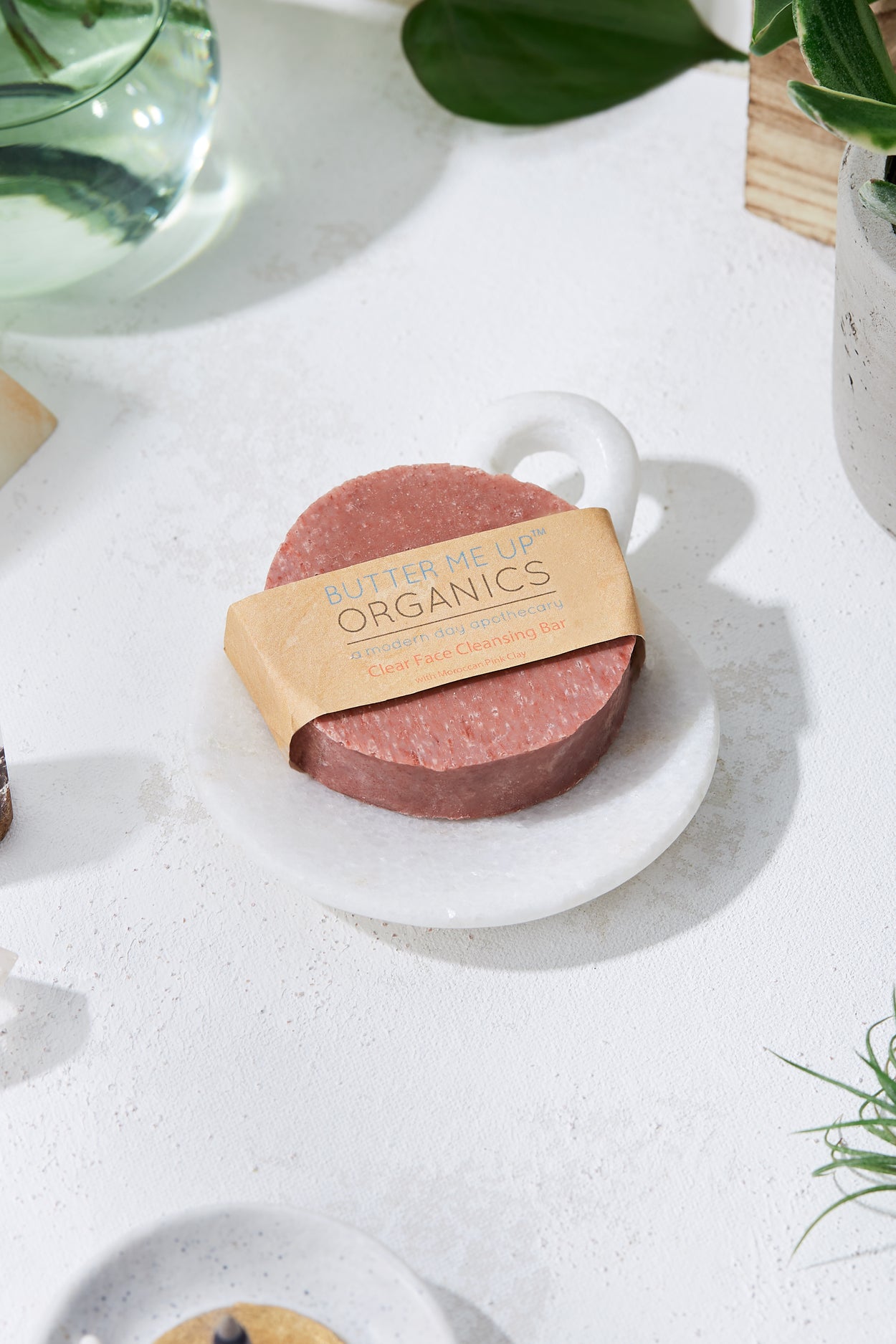
Credit: www.buttermeuporganics.com
The Making Of Organic Face Soap
Making organic face soap is an art. Many techniques are used to create it. Each step is important for quality. Natural ingredients are carefully chosen. This makes the soap gentle on skin.
Artisans mix oils, fats, and lye with care. They know the right amounts for each ingredient. This ensures the soap is safe and effective. Handcrafted soaps often have unique scents and colors.
Quality control is a key part of soap making. Each batch is tested for safety. Soap should have a nice feel and smell. It must also be free from harmful chemicals. Regular checks help keep the soap pure.
In the end, these processes make high-quality organic face soap. It is great for skin and the environment.
Suitable For Every Skin Type
Organic face soap is great for every skin type. For sensitive skin, choose gentle ingredients. Avoid harsh chemicals. Look for soaps with soothing properties. Aloe vera and chamomile work well.
For combination skin, balance is key. Use oils that hydrate without being too heavy. Jojoba oil is a good choice. It mimics skin’s natural oils. This helps maintain a healthy balance.
| Skin Type | Recommended Ingredients |
|---|---|
| Sensitive Skin | Aloe Vera, Chamomile |
| Combination Skin | Jojoba Oil |
Environmental Impact Of Organic Soap
Eco-friendly packaging is important for organic soap. It helps reduce waste. Many brands use materials that are biodegradable or recyclable. This means they break down naturally in the environment.
Some common eco-friendly options include:
- Recycled paper: Good for boxes and labels.
- Glass containers: Can be reused or recycled.
- Bamboo: A strong and sustainable material.
- Compostable wraps: Break down in composting systems.
Sustainability is key in the organic soap industry. Many companies focus on using safe ingredients. They aim to protect the environment and our health. Choosing organic soap means choosing a cleaner planet.
How To Choose The Right Organic Face Soap
Reading labels is very important. Look for natural ingredients. Avoid soaps with harsh chemicals. Check for certifications. These show the product is safe and organic.
Understanding your skin’s needs is key. Is your skin oily, dry, or sensitive? Choose a soap that matches your skin type. For oily skin, use gentle cleansers. For dry skin, look for hydrating ingredients. Sensitive skin needs soothing properties.
Integrating Organic Face Soap Into Your Routine
Use organic face soap for gentle cleansing. It helps remove dirt and oil. Clean your face twice a day. This keeps skin fresh and healthy.
Wet your face with warm water. Apply a small amount of soap. Gently massage it in circular motions. Rinse with cool water to close pores.
Complement your routine with other organic products. Try organic moisturizers to hydrate skin. Use organic toners to balance skin’s pH. Look for natural serums for extra care.
| Product Type | Benefits |
|---|---|
| Moisturizer | Hydrates and softens skin |
| Toner | Balances skin’s pH |
| Serum | Targets specific skin issues |
Real Results: Testimonials And Case Studies
Many users share their skin stories with organic face soap. They see real changes. Before using, some had dry or oily skin. After using the soap, their skin looks fresh and healthy.
Here are some user experiences:
- One user noticed fewer blemishes after just two weeks.
- Another felt their skin was smoother and more radiant.
- Some reported less irritation and redness.
Many recommend trying this soap. They feel it makes a big difference. Users appreciate the natural ingredients too. These ingredients help cleanse without harsh chemicals.
Beyond The Bar: The Future Of Organic Skincare
Many brands focus on natural ingredients for their products. These ingredients are safe and gentle on the skin. Organic face soap is a great example of this trend. It cleans without harsh chemicals.
New ideas are changing organic skincare. Brands now use plant-based oils and herbal extracts. These add benefits like hydration and nourishment. Customers want products that are kind to both skin and the Earth.
People are also looking for eco-friendly packaging. This helps reduce waste. Using recyclable materials is a big step. The goal is to create a better future for our skin and planet.

Credit: www.hennacolorlab.com
Frequently Asked Questions
What Are The Benefits Of Organic Face Soap?
Organic face soap offers numerous benefits for your skin. It is typically free from harsh chemicals and synthetic fragrances. This gentle formulation helps maintain your skin’s natural moisture balance. Additionally, organic ingredients often provide nourishing vitamins and antioxidants, promoting healthier, glowing skin without irritating sensitive areas.
How To Choose The Best Organic Face Soap?
When selecting an organic face soap, consider your skin type. Look for ingredients that cater to your specific needs, such as aloe for hydration or tea tree for acne. Check for certifications to ensure true organic quality. Lastly, read reviews to gauge effectiveness from other users.
Is Organic Face Soap Suitable For Sensitive Skin?
Yes, organic face soap is often suitable for sensitive skin. These soaps typically contain natural ingredients that are less likely to cause irritation. They avoid harsh chemicals that can trigger reactions. Always perform a patch test first to ensure compatibility with your skin type.
Can Organic Face Soap Help With Acne?
Organic face soap can help manage acne effectively. Many contain natural antibacterial ingredients, such as tea tree oil. These ingredients can reduce inflammation and prevent future breakouts. Regular use can promote clearer skin without the harsh effects of conventional acne treatments.
Conclusion
Choosing organic face soap is a smart choice for your skin. It cleans gently and keeps your skin healthy. Natural ingredients nourish without harsh chemicals. Your skin deserves the best care possible. Switching to organic can lead to better results over time.
Enjoy the benefits of cleaner, fresher skin. Make the change today for a more natural routine. Simple steps can lead to great results. Embrace the power of organic skincare for a happier you.

